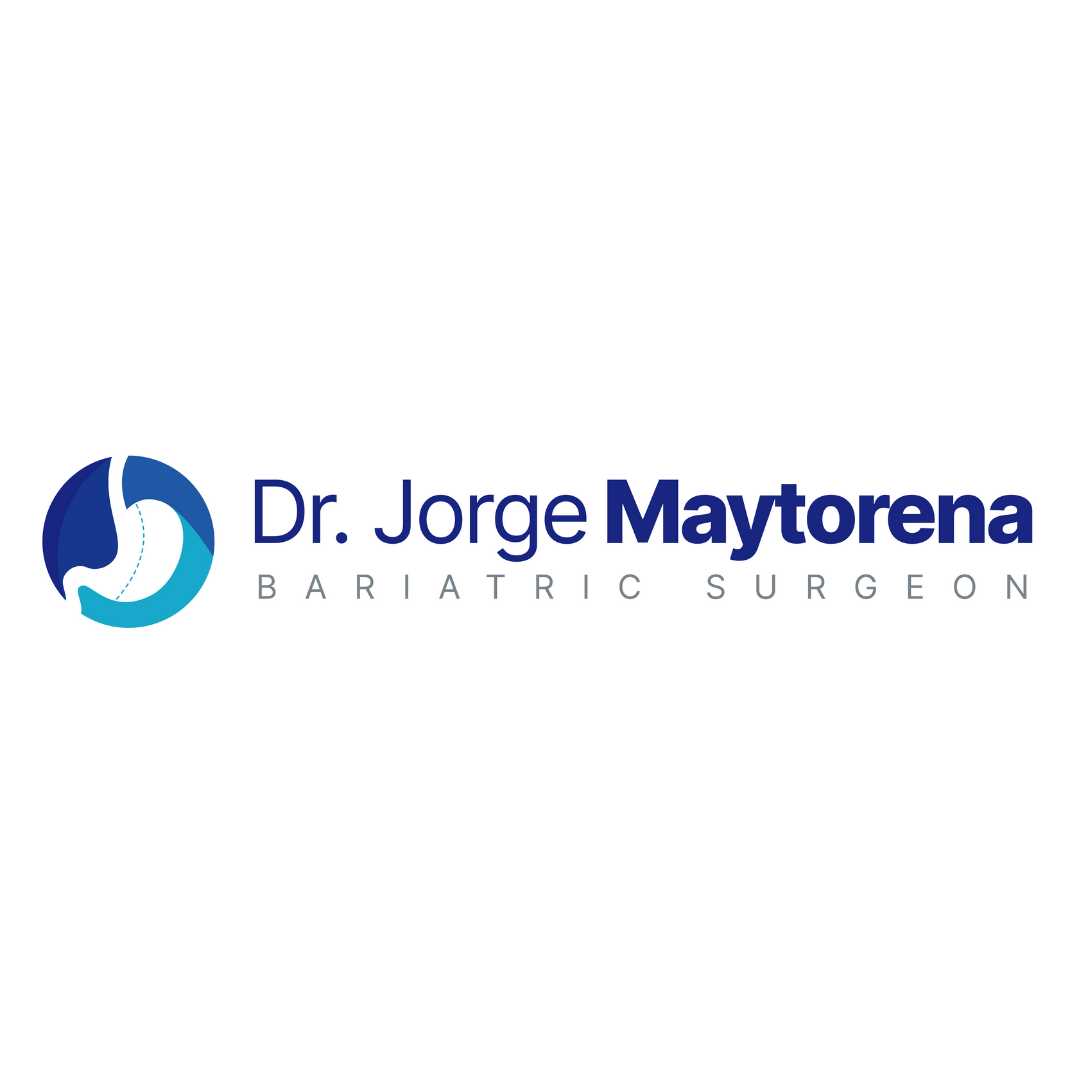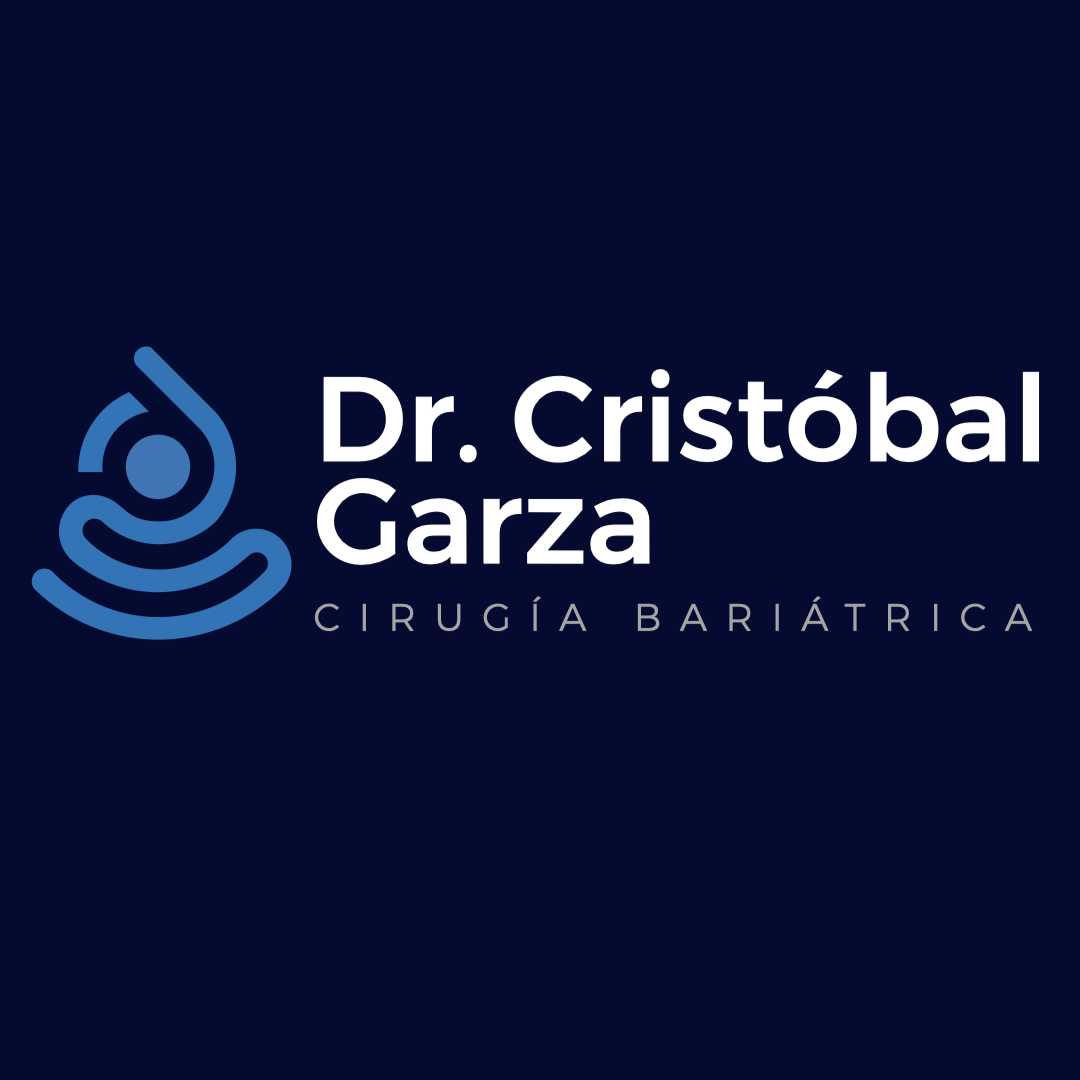Duodenal Switch Tijuana

For individuals seeking advanced and highly effective weight loss solutions, the duodenal switch (DS) surgery often stands out. Known for delivering significant and long-lasting weight loss, along with remarkable improvements in obesity-related health conditions, it's a powerful tool in the fight against severe obesity. Increasingly, patients from around the globe are looking to Tijuana, Mexico, for this complex procedure. Tijuana has firmly established itself as a leading destination for bariatric surgery due to its combination of skilled surgeons, state-of-the-art medical facilities, and more accessible pricing. This guide will delve into the specifics of duodenal switch surgery in Tijuana, covering its availability, safety, cost, and what you can expect as an international patient.
Is Duodenal Switch (DS) surgery actually performed in Tijuana?
Tijuana has cemented its reputation as a major center for bariatric surgery, offering a comprehensive range of weight loss procedures, including the duodenal switch. This city's medical tourism sector has grown exponentially, fueled by its proximity to the United States and Canada, coupled with high-quality, affordable healthcare.
Unlike some other bariatric procedures, the duodenal switch is more complex, requiring a high level of surgical expertise. Tijuana's leading bariatric groups and hospitals employ surgeons who are specifically trained and highly experienced in performing DS and its modern variations, such as the Single Anastomosis Duodeno-Ileal Bypass with Sleeve Gastrectomy (SADI-S). Many of these surgeons have performed thousands of bariatric cases, including a substantial number of duodenal switch procedures, making them among the most experienced in North America.
Clinics like Tijuana Bariatric Center and CER Bariatrics are examples of facilities in Tijuana that prominently feature duodenal switch and SADI-S as part of their comprehensive bariatric offerings. They cater specifically to international patients, providing all-inclusive packages that streamline the process for those traveling from abroad.
What makes Tijuana a popular choice for Duodenal Switch surgery for international patients?
The reasons behind Tijuana's rise as a preferred destination for complex procedures like the duodenal switch are compelling for international patients:
- Significant Cost Savings: The most significant draw for many patients is the dramatic cost reduction. A duodenal switch in Tijuana can cost anywhere from $6,000 to $12,000, which is often 50% to 75% less than the $20,000 to $38,000 typically seen in the United States or Canada. This makes the procedure accessible to individuals whose insurance may not cover it or who face high out-of-pocket expenses at home.
- Reduced Waiting Times: In many countries, obtaining bariatric surgery, especially a complex one like DS, can involve lengthy waiting lists. In Tijuana, scheduling is often much quicker, allowing patients to pursue their treatment without frustrating delays.
- Access to Highly Experienced Surgeons: Due to the high volume of bariatric surgeries performed in Tijuana, many surgeons have accumulated extensive experience with the duodenal switch. These specialists are often board-certified and have undergone international training, bringing a high level of expertise to their practice.
- Modern, Accredited Facilities: Reputable bariatric centers in Tijuana operate within modern hospitals that are often equipped with state-of-the-art surgical technology. Many of these facilities hold international accreditations (like JCI), signifying adherence to global standards of safety and care.
- Comprehensive Medical Tourism Services: Clinics in Tijuana specialize in catering to international patients, offering all-inclusive packages that often cover:
- Pre-operative evaluations and tests.
- The surgical procedure and anesthesia.
- Hospital stay with dedicated nursing care.
- Post-operative medications.
- Ground transportation from the San Diego airport to the clinic/hotel.
- Hotel accommodation for recovery.
- English-speaking staff and translators.
- Post-operative nutritional and psychological support.
These combined advantages create an appealing and practical option for those seeking effective and affordable duodenal switch surgery.
Is it safe to undergo Duodenal Switch surgery in Tijuana?
Safety is the paramount concern for any surgical procedure, especially one as complex as the duodenal switch. While concerns about undergoing surgery abroad are natural, reputable bariatric centers in Tijuana prioritize patient safety through several measures:
- International Accreditations: Many leading hospitals and clinics in Tijuana that perform bariatric surgery are accredited by international bodies such as the Joint Commission International (JCI). This accreditation signifies that the facility meets stringent global standards for patient care, safety protocols, infection control, and quality management.
- Experienced and Certified Surgeons: The bariatric surgeons in Tijuana's top clinics are often board-certified, with specialized training in advanced laparoscopic and bariatric surgery. Their extensive experience with high surgical volumes contributes directly to improved patient outcomes and reduced complication rates.
- State-of-the-Art Facilities: These hospitals are equipped with modern operating rooms, advanced diagnostic tools, and often have dedicated intensive care units (ICUs) and experienced anesthesiologists on staff, ensuring comprehensive medical support.
- Comprehensive Pre-operative Screening: Before surgery, patients undergo thorough medical evaluations, including blood tests, cardiac assessments, and other diagnostic screenings. This ensures that only suitable candidates proceed with surgery and helps identify and mitigate potential risks.
- Strict Post-operative Monitoring and Care: Patients are closely monitored during their hospital stay. Clinics provide clear instructions for post-operative care, including diet progression, activity restrictions, and medication schedules, and offer remote follow-up support once patients return home.
- Dedicated Support Teams: International patient coordinators and English-speaking staff are available to ensure clear communication and support throughout the patient's journey, addressing any concerns promptly.
While no surgery is without risk, choosing an accredited facility with a highly experienced and reputable surgical team significantly enhances the safety profile of duodenal switch surgery in Tijuana. It's essential for patients to do their research and select a provider carefully.
What is the typical recovery timeline for Duodenal Switch surgery in Tijuana?
The recovery from duodenal switch surgery, while similar in initial stages to other bariatric procedures, has some unique long-term considerations due to its malabsorptive component. Here’s a general timeline:
- Hospital Stay (2-3 nights): Immediately after surgery, you will spend a couple of nights in the hospital. During this time, pain will be managed with medication, and you'll be encouraged to take short, gentle walks to prevent blood clots and aid recovery. You'll begin with small sips of water and progress to clear liquids.
- First 2-4 Weeks (Liquid Diet & Initial Healing):
- Upon discharge, you'll be on a strict liquid diet, carefully progressing as advised by your nutritionist. This allows the internal surgical sites to heal.
- Fatigue and some discomfort are normal. Continue with prescribed pain medication.
- You should avoid strenuous activities, heavy lifting, or abdominal straining. Light walking remains important.
- Most international patients are typically cleared to travel home within 3-7 days of surgery, depending on individual recovery.
- Weeks 4-8 (Pureed & Soft Foods Phase):
- You'll transition to pureed foods, then soft, easily digestible foods. Your nutritionist will provide detailed guidance.
- Energy levels will begin to improve significantly, and you can gradually increase your physical activity.
- Rapid weight loss usually begins during this period.
- Months 2-6 (Solid Foods & Adaptation):
- Solid foods are gradually reintroduced, with a strong emphasis on lean protein. You'll learn about appropriate portion sizes and eating habits.
- Most patients can return to normal daily activities, including exercise (as cleared by their doctor).
- Weight loss continues at a significant pace. Regular follow-up appointments, often remote, are crucial to monitor nutritional status and overall progress.
- Beyond 6 Months (Long-Term Management):
- Weight loss typically stabilizes around 12-18 months.
- Lifelong commitment to dietary guidelines, vitamin and mineral supplementation, and regular physical activity is essential to maintain weight loss and prevent nutritional deficiencies. Regular blood tests will be necessary to monitor vitamin levels.
Adhering to your surgeon's and nutritionist's instructions throughout this comprehensive recovery period is absolutely vital for the safety and long-term success of your duodenal switch surgery in Tijuana.
What is the cost of Duodenal Switch surgery in Tijuana compared to other countries?
The cost effectiveness of medical procedures in Tijuana is one of its most compelling advantages, particularly for bariatric surgeries like the duodenal switch. Here's a comparison:
The significantly lower cost in Tijuana does not necessarily reflect a compromise on quality. Rather, it's often due to lower overhead costs for facilities, medical supplies, and labor compared to more developed nations. When considering these figures, it's crucial to compare "all-inclusive" packages to ensure you're getting a true apples-to-apples comparison of what's covered in the price for your duodenal switch surgery in Tijuana.
What is the difference between Duodenal Switch (DS) and SADI-S in Tijuana?
When discussing the duodenal switch in Tijuana, you'll often hear about its variations, particularly the Single Anastomosis Duodeno-Ileal Bypass with Sleeve Gastrectomy, or SADI-S. Both are highly effective bariatric procedures, but they differ in their intestinal rerouting:
Duodenal Switch (Biliopancreatic Diversion with Duodenal Switch - BPD/DS)
- Procedure: This is a two-part procedure:
- Sleeve Gastrectomy: About 70-80% of the stomach is removed, creating a smaller, banana-shaped stomach pouch, similar to a gastric sleeve. This restricts food intake and removes the hunger-producing part of the stomach.
- Intestinal Bypass (Two Connections): The duodenum (first part of the small intestine) is divided just after the stomach. The latter part of the small intestine is then connected to the duodenum (the duodeno-ileal anastomosis), and the remaining part of the small intestine (carrying digestive juices) is reconnected further down the intestinal tract. This creates two separate limbs and two connections (anastomoses).
- Mechanism: It's both restrictive (smaller stomach) and highly malabsorptive (bypasses a large section of the small intestine where calories and nutrients are absorbed).
- Effectiveness: Traditionally considered the most powerful weight loss surgery, with 70-80% excess weight loss (EWL) and excellent resolution of comorbidities, especially Type 2 diabetes.
- Complexity & Risks: It is technically more complex due to two intestinal connections, potentially leading to a higher risk of complications like leaks or strictures. It also has a higher risk of long-term nutritional deficiencies due to extensive malabsorption.
SADI-S (Single Anastomosis Duodeno-Ileal Bypass with Sleeve Gastrectomy)
- Procedure: Also a two-part procedure:
- Sleeve Gastrectomy: Identical to the first part of the traditional DS.
- Intestinal Bypass (One Connection): The duodenum is divided after the stomach, but the latter part of the small intestine is connected directly to this cut end of the duodenum, creating only one intestinal connection (anastomosis) and a single loop.
- Mechanism: Also restrictive and malabsorptive, but typically less malabsorptive than the classic DS because a slightly longer portion of the small intestine is involved in nutrient absorption.
- Effectiveness: Offers excellent weight loss results (often 70-80% EWL) and significant improvement in comorbidities, comparable to the classic DS.
- Complexity & Risks: It is considered less complex than the classic DS due to only one intestinal connection, potentially leading to lower operative time and reduced risks of leaks or blockages. It may also have a slightly lower risk of severe nutritional deficiencies than the classic DS, though lifelong supplementation is still required.
Choosing Between Them: Your surgeon in Tijuana will help you decide which procedure is best for you based on your BMI, health conditions, weight loss goals, and risk tolerance. For patients with very high BMIs or severe diabetes, the classic DS might be recommended for maximal effect. SADI-S is often preferred for those seeking strong results with a slightly simpler procedure and potentially fewer long-term malabsorption challenges. Many Tijuana surgeons are expert in both techniques.
Ready to take the next step in your weight loss journey? Explore PlacidWay to connect with leading bariatric surgeons and clinics in Tijuana for duodenal switch surgery, and begin your path towards a healthier, more fulfilling life.


.png)
.png)













Share this listing